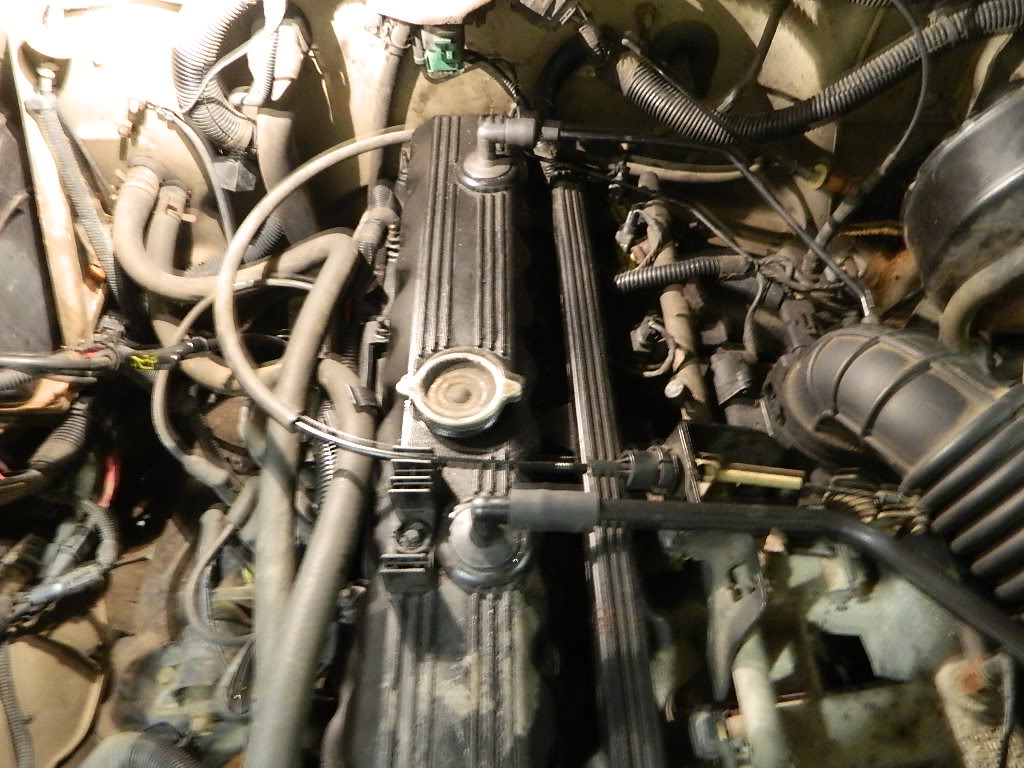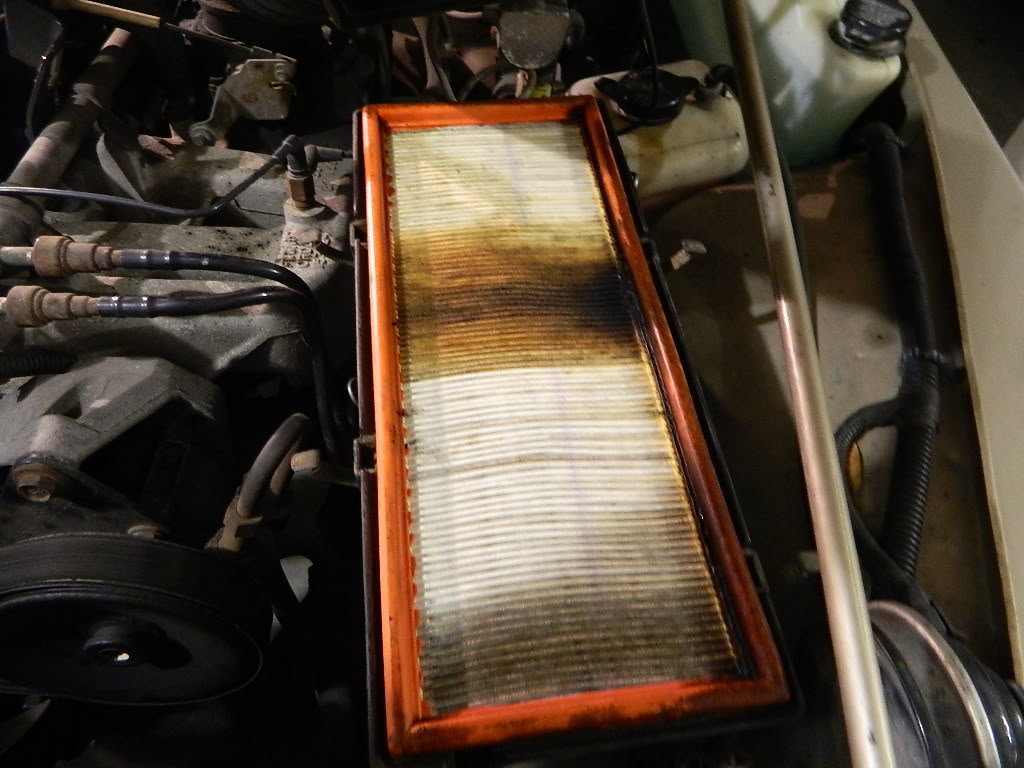Atlwheeler32
New member
Ok, so I am new to the Jeep thing having just picked up a '94 4.0 with 147K. It runs strong but the engine at idle sounds like a diesel. From what I've read on here it's either a lifter issue, cracked exhaust manifold, or normal for an old Jeep. That's a story for another thread I guess....
Anyway, can someone please explain how the CCV system (the two valves located on top of the valve cover) works? Do these just pop off the valve cover or do you have to take the valve cover off to get to/clean them?
I am getting a small amount of oil in the air filter. I cleaned out the connection tube and, with the engine running, feel a very slight amount of air blowing out of the CCV valve on the front. Is this what should be happening. I'm guessing oil is getting mixed in and sent to the air filter.
Should I feel suction or blowing from the CCV valve or small tube on the back of the valve cover (closest to the firewall)? I disconnected this tube with the engine running and didn't feel anything from the valve or tube.
I am not the most mechanically inclined person but want to learn and do as much work as I can on the Jeep myself. A quick explanation of how the system works would be great. Also, I have a friend who is into old mustangs and he though we could just replace the rear CCV valve with a breather filter and plug where it currently connects to. Yes? No? I have no idea!
Thanks in advance for your help! I've posted a pic of the engine and the air filter below.


Anyway, can someone please explain how the CCV system (the two valves located on top of the valve cover) works? Do these just pop off the valve cover or do you have to take the valve cover off to get to/clean them?
I am getting a small amount of oil in the air filter. I cleaned out the connection tube and, with the engine running, feel a very slight amount of air blowing out of the CCV valve on the front. Is this what should be happening. I'm guessing oil is getting mixed in and sent to the air filter.
Should I feel suction or blowing from the CCV valve or small tube on the back of the valve cover (closest to the firewall)? I disconnected this tube with the engine running and didn't feel anything from the valve or tube.
I am not the most mechanically inclined person but want to learn and do as much work as I can on the Jeep myself. A quick explanation of how the system works would be great. Also, I have a friend who is into old mustangs and he though we could just replace the rear CCV valve with a breather filter and plug where it currently connects to. Yes? No? I have no idea!
Thanks in advance for your help! I've posted a pic of the engine and the air filter below.


